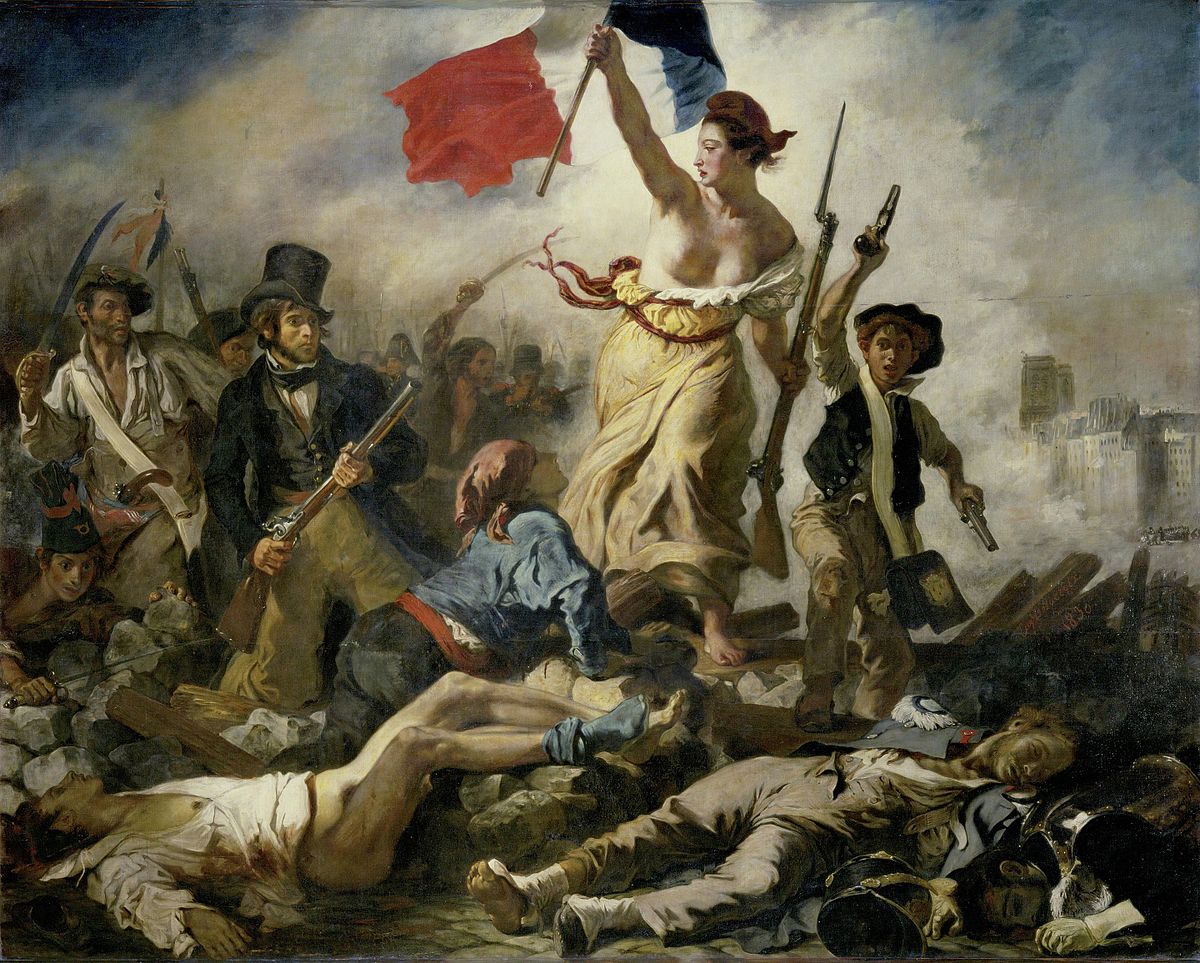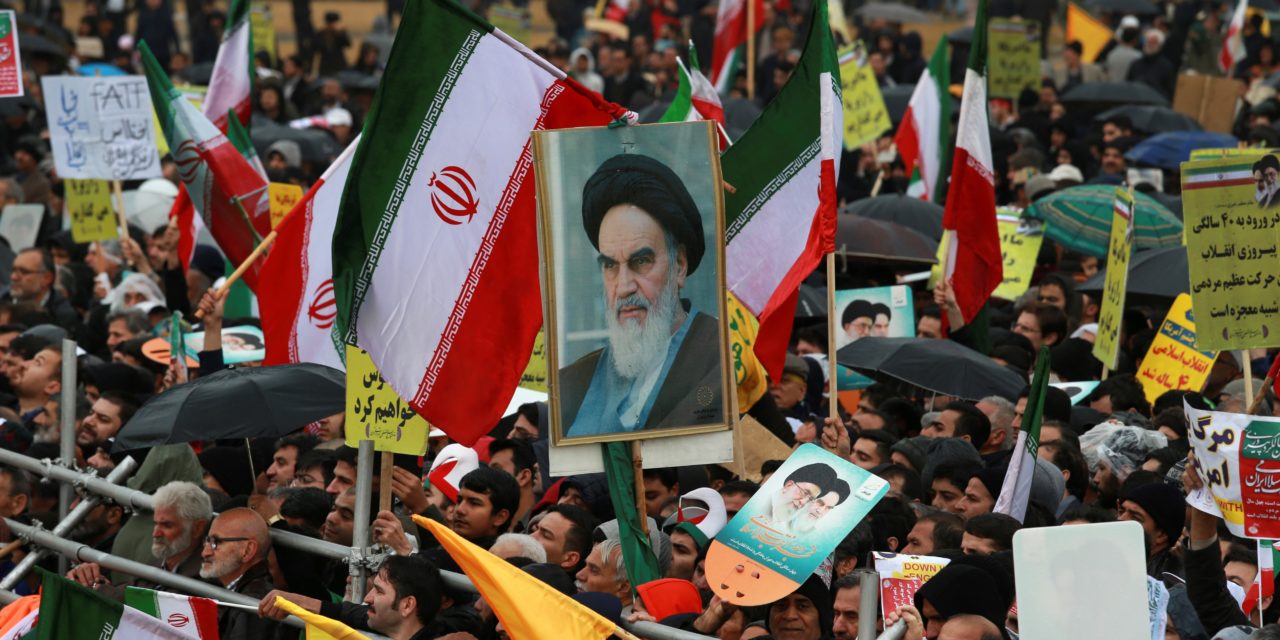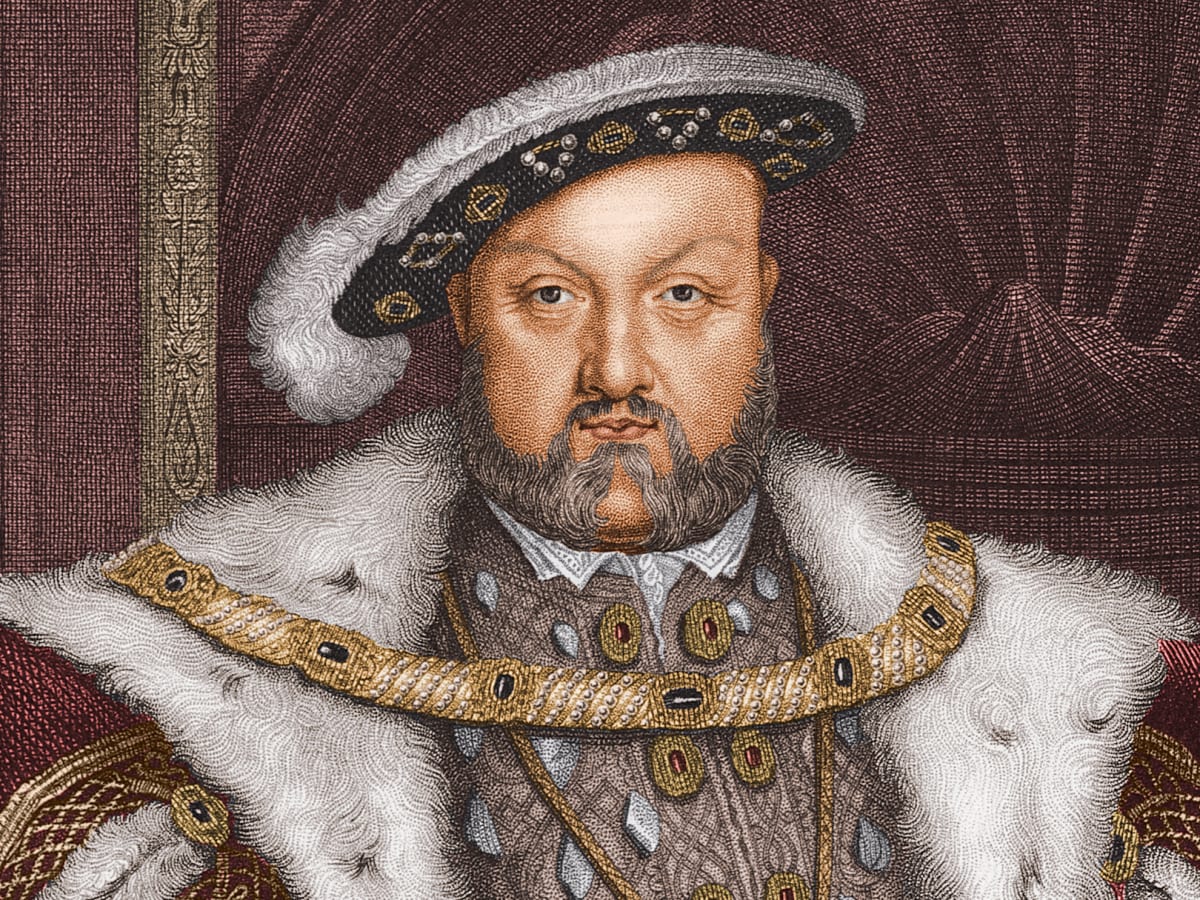Secularism & secularization
All fundamentalists are opposing any idea and/or social movement that carry secular values and propagate secularism and secularization. Those two terms are referring to a decline and/or marginalization of religion in public life. The secularization of society became the best thought of structural differentiation. In the West, the separation (segregation) of religious and political institutions dates back at least to late antiquity. The historical fact is that the religion (Christianity in this case) that succeeded in establishing itself was not native to its political host (Rome) was keeping alive the very sense that state and church as two crucial social powers are in many cases competitors and, therefore, being in opposition to each other.
By a very definition, secularization is the detachment of a state or other body from religious foundations. Historically, in West Europe and North America, since the 17th century, the secular views have been dominated which sought successfully to segregate religion (church) from policy and public life for the purpose that the state’s existence and functioning are not justified by theology but rather by rational human thinking. In principle, secularization as an idea and the process became the result of the tensions between science and religion and the schisms between forms of (Western) Christianity. For the secularists, it became very essential to put religion and church beyond the sphere of truth and refutation and to justify the authority of the state without recourse to disputed theological premisses. Consequently, in secularized Christian societies (not in Islamic), it became developed an idea and practice that political disputes and problems have to be solved on secular foundations rather than theological.
Undoubtedly, secularization has contributed to a decline of traditional religion and a weakening of established morality. From that point of view, religious fundamentalism is representing a moral protest against decadence and hypocrisy. In other words, religious fundamentalism has the focal task to restore „rightful“ order and re-establish the connections between the human world and the divine one, and, therefore, religious fundamentalism can be understood as the antidote to moral relativism. In many societies in Asia and Africa, religious fundamentalism became attractive because it offers within the framework of anti-secularism the prospect of a non-Western and even anti-Western political identity. It has to be clear that religious fundamentalism is not only a matter of faith as there is a complicated political dimension that as well as needs to be understood.

In a secularized society it is widely accepted the basic principle that religion and politics have to be independent of each other regardless of the very practical truth that religion (church) still is having a strong influence on everyday politics in a number of ways and through different formats. However, the problems arose with the formation of national identities founded mainly on religion and the establishment of the political parties on the same basis (Christian Democratic Parties, the Catholic People’s Party in the Netherlands, CDU in Germany, etc.). It is known that in many cases across the world a specific form of religious belief is strong if not crucially attached to the collective national identity (the Roman Catholicism in the cases of the Poles, Croats, or Irish or the Orthodox Christianity in the cases of the Armenians, Serbs, or Georgians).
The case of the USA, among all states where Christianity was the religion of the majority of the population, is unique in being secular from its very beginning of independence at the end of the 18th century due to the First Amendment to the Constitution. The secular institutions of the state coexist with higher churchgoing and religious belief than in any other Western liberal democracy. In the case of France, the idea of secularization became a powerful political movement since the 1789‒1794 French Revolution and, consequently, the French state became secular (including the education system) for the most time since 1789 onward. However, in some Western countries, the process of secularization is still not over like in the UK. In England, there is an Anglican Church of England of which some bishops are sitting in the House of Lords (Upper House of the Parliament) and the Queen is a head of the Church of England. She is, nevertheless, at the same time as well as a head of the Roman Catholic Church of Scotland whose beliefs and organization are different in comparison to the Church of England. Nevertheless, recent UK legislation confirms that state education must have a religious content that must be „broadly Christian“ but not Muslim, or Hindu, for instance.
However, the secularization policy became very violent in a number of Muslim countries after WWII like in the cases of Iran by the overthrowing of the pro-American Shah in 1979, the collapse of the Algerian Government in 1994, or the emergence of both al-Qaida and ISIS terrorist networks. All of these cases are clear examples of protest by Islamic fundamentalists against the policies of secularization. Nevertheless, the rising of religious fundamentalism is a surely strong indication that the secularization policy did not triumph in many societies in the modern and contemporary world.
Secular humanism
Secular humanism is a kind of philosophy that is advocating human values rather than religious ones. It emerged in Western societies during the 1980s as a concept adopted by the new right in its critique of contemporary society and it was popularly accepted by conservatives from a different confessional background. By secular humanism, conservatives mean the belief they feel that some people hold that ultimate questions of human existence and morality are to be decided to be human beings themselves without reference to God. The term „secular“ means the temporal world compared to a timeless spiritual realm, while the term „humanism“ means a system of thought that is concerned with humans, as opposed to the interests of the divine (God).
In a view of the secular humanists, conservatives assert, the moral order of human life is expected to change over time in order to accommodate new needs, interests, and knowledge. Nevertheless, what is making all religious conservatives or fundamentalists mad is that this secular humanism’s viewpoint denies the existence of timeless and unchanging absolutes, moral standards which are seen by them to be given by God – evident in Holy Scripture or even in natural law. Consequently, all of these divine moral standards are constituting the only true guide for human life in order to get salvation after physical death. Christian conservatives (fundamentalists) are, furthermore, claim that secular humanists, in making human beings instead of God the measure of morality and meaning, simply ignore the evil tendencies in humankind, which require that humanity be held to standards, not of its own making.
The popularity of the idea of secular humanism among new rights activists may have been strengthened when the US Supreme Court referred to it as a „religion“ in 1961. For Christian conservatives, this statement is used as an argument that removing traditional religious beliefs from public life rests on the assumption that human beings themselves should determine the ultimate grounds of reality and morality and, hence, that it amounts to establishing a religion, contravening the First Amendment of the US Constitution. Regarding secular humanism (the dominant religion in the contemporary USA), it is most entrenched in the small but influential educated middle class, the media, and government officialdom. It is felt to be by their opponents against their own freedom of religion and expression. For this reason, they have militated against secular humanism and for a return to religious beliefs and morality as the basis for public administration.
Religious fundamentalism against secular values
The term fundamentalism is applied in many different contexts for the purpose to describe strict adherence to a set of principles or beliefs. More particularly, religious fundamentalism is describing the approach that is taken by religious groups which are calling for the literal interpretation of basic scriptures (holy texts). They believe that the doctrines which emerge from such readings have to be applied to all aspects of social, economic, and political life. However, religious fundamentalists as well as believe that only one view that is of their own of the world is possible and that this view is the correct one. In other words, for all religious fundamentalists, there is no room for ambiguity or multiple interpretations.

Religious fundamentalists across the world oppose ideas and social movements that carry secular values. Whether Jewish, Christian, or Muslim, fundamentalists are antipluralists for the very reason that they are believing in the superiority of the one true religion (but only of their own denomination). Consequently, religious fundamentalists are rejecting any idea that the state should offer equal protection under the law to all religions or philosophical approaches. The religious fundamentalist (or Christian conservatives) as well as are tending to be antifeminist for the reason they believe that the movements for women’s liberation from patriarchy are directly violating the will of God (Yahveh, Allah) who created males and females for different roles. In a divine society of order, women have to be subordinated to men (it is, for instance, clearly written on the wall in the Roman Catholic church of the town of Kretinga in Lithuania near the Baltic Sea).
The fundamentalists of Christian, Muslim, or Jewish denominations are not sharing the same specific beliefs, but, however, all of them are sharing a common way of thinking about their particular confession. Here, we can distinguish several features of the religious fundamentalists and their viewpoints:
- Religious fundamentalists are selective. They are selectively traditional, choosing certain scriptures or some theological teaching texts from the past.
- They are insisting that all real believers have to struggle to the death in order to protect these bases of their religion.
- The pattern of thought by the religious fundamentalists is absolutist as they required that the truth they proclaim is perfect, complete, and irreformable.
- The truth they propagate is free of any error.
- They are dualists as they propagate that they are children of light (truth) and all others are children of darkness (sin).
- The religious fundamentalists believe they are living in a special time in history, usually, the last days, in which God is working in a new way among the real believers.
- All religious fundamentalists are against the secular values and the policy of the segregation of the church from the state.
- They are claiming to only fulfill sacred obligations as, for instance, fidelity to orthodoxy (correct religious belief) or orthopraxis (correct religious practice).
Religious fundamentalism is found within all the three great monotheistic faiths: Judaism, Christianity, and Islam. Regardless of which confessional denomination they belong to, fundamentalists are all the time outnumbered by conservatives, moderates, or liberals who practice the religion without developing hostility toward „infidels“. Within the scope of religious fundamentalist movements, there is a common practice that access to the exact meanings of scriptures is, actually, restricted to a tiny circle of privileged interpreters like priests, clergy, or some other religious leaders. Therefore, such practice is giving these religious leaders a high level of authority in both religious matters and secular life as well. Consequently, the leaders of religious fundamentalist movements became powerful political figures within the umbrella of opposition movements and in some cases like in Iran after 1979 heads of state.
Today, religious fundamentalism (governance in accordance with religious dogma) inflicts some Christian movements in the USA, Orthodox Judaism in Israel, and Hindu nationalism in India. All religious fundamentalists require that Government reflect a literal reading of God’s holy word as revealed in holy texts. As a matter of fact, Hindu fundamentalists enjoyed for some time significant influence in several Indian states and became crucial in the 1992 destruction of an ancient mosque in Ayodhya in Uttar Pradesh and the ensuing violence that swept Bombay. India’s Hindu nationalist party, Bharatiya Janata, became the leading political party in a coalition Government in New Delhi after elections in spring 1996.
Citizen’s loyalty and religious identity
Religious fundamentalism is arising in some cases one of the crucial questions: questions of loyalty and identity. For instance, the clash of loyalty can be well illustrated in the case of the 2005 London bombings which killed 52 public transport users but the terrorists were all British citizens. Christian fundamentalists of The Lord’s Resistance Army were fighting for a long time launching brutal armed campaigns from South Sudan with the aim to create a theocratic state based on the Ten Commandments in Uganda. Further, Jewish and Hindu religious fundamentalist groups have been playing a significant role in the Israeli-Arab and Indo-Pakistani territorial disputes.
In history, it is known how religious sentiment and identity can challenge a citizen’s state for primacy. Before the 1648 Peace Treaty of Westfalia, European monarchs have been competing with the Roman Catholic Church for popular support and in order to achieve state independence they had to get rid of the papal claims to govern them, to gain the loyalty of national clergy, and finally to take over church resources within their realm what did, for instance, Henry VIII (1491−1547) of England in 1530. However, the Roman Catholic Church in turn for the monarchs’ loyalty has been providing political legitimacy for them giving to the monarch’s titles as „Catholic sovereigns“, „most Catholic“, or „most Christian“.

The situation became complicated in the 11th and 12th centuries, when in West Europe the issue of investiture controversy became sharp – whether secular monarchs, especially the Holy Roman Emperor, had rights to install bishops in office without the approval of the Vatican. This conflict reached its peak in a trial of power between Pope Gregory VII and German Emperor Henry IV when the Emperor appointed the bishop of Milan regardless of papal prohibition, the Pope excommunicated the Emperor who was forced in 1077 to come to Canossa where he accepted the papal supremacy. However, the conflict between the state and the Chuch in West Europe continued for centuries by the inclusion of the Protestant Reformation, the Roman Catholic Counter-Reformation, and the 1618−1648 Thirty Years War. Like Islamic fundamentalists fought to establish Islamic theocracies (state governed by religious leaders) the Protestant fundamentalists in the 16th century established several theocracies in West Europe. As a matter of historical fact, the European Reformation brought several forms of Christian fundamentalism with the efforts to establish theocratic rule but as well as an image of willing martyrs that is a common feature today of contemporary Islamic fundamentalist movements, groups, and organizations. What is even more important, the West European Reformation featured terrorism and counter-terrorism, warfare unrestrained by legal conventions, and transnational proselytizing of fundamentalist principles. Consequently, historical theocracies predated by centuries contemporary theocracies such as, for instance, the Italian case under the Shia (Shiite) Ayatollahs.
To be continued














Humanism doesn’t necessarily stand in opposition to all elements of religion; because all religions have a portion that is humanistic (though not in the same proportion). Otherwise, they would be unsustainable. Religion itself is a branch of humanism, as we have no evidence of any non-human or non-intelligent religion. All holy texts are scribed by human hands, there is no divine handwriting on the wall.
While it is true that humanism evolves as humanity evolves, in both cases there is an end goal or telos set in the future and fixed. Facts and understanding change, natural laws are universal across space/time. Our understanding of science and our beliefs in religion evolve over time.
Human nature is more stable than culture, but still evolves over long periods of time. The ideal element in human nature, and natural laws, are fixed, but our understanding of them evolves.